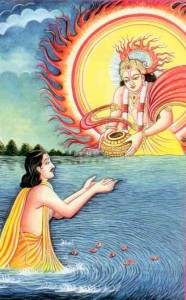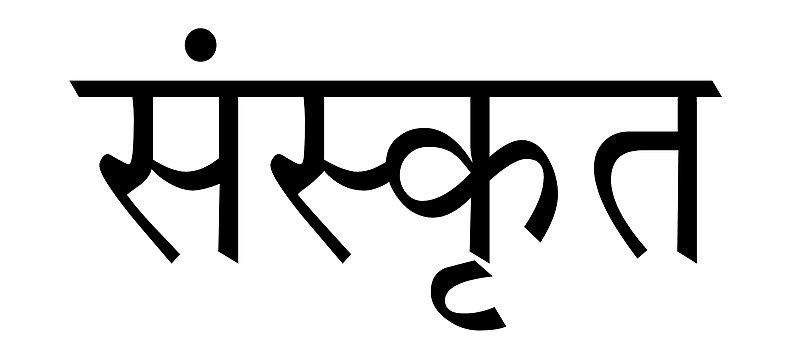
Film Noir scene: GavTrain
You look out the window. It's raining. Again. It's always raining in this lousy town. You set down your whiskey on rocks and light up a cigar just to take a big long puff. You exhale slowly. It may be nine in the morning, but you have a feeling it's going to be a long day.
Your phone on the table starts ringing. You flip it open to see the police commissioner's number flash on the small screen.
"Flynn," the police chief showed stress and worry even in saying your name, "we need you."
"I've been out of the force for years. I'm a PI now, Dirk. You got your own boys to do the detective work." You couldn't understand why the police would need you. They had four detectives that all had outstanding records.
"They're all missing, Yuddy." The chief now used your nickname from back in the day. Yuddy, they called you. You hadn't heard that in years. "Some new criminal has kidnapped all of them. We only really noticed when Archie's gun was left on his table over the weekend."
Archie was the best shot this side of the Mississippi. Brains to boot, too. If they had him then they were clever.
"What about Billy?" You asked. Billy did a bit of heavyweight boxing in his spare time. It'd take a mountain to bring that guy down. You were always glad he was on your side.
"He got taken too. Like I said, we need you." The police chief's voice would seem calm to anyone else, but you noticed the small shake at the end of his sentences.
You sigh, wait a moment before responding.
"Of course, Dirk. I'll bring our boys back home. Send me everything you got."
-
You received too many folders and papers and files to count, but you organized the victims at least.
#4: Billy
Amateur heavyweight, strong with a good head, but no genius.
#3: Archie
Passed the academy with the highest marks ever seen, but decided to stay in the town instead of moving to a bigger city. Was never the manliest guy, but had more than enough tricks to put you on your ass in a fight.
#2: Nathanial
The more handsome twin. Grew up on a farm. Hard outdoorsy type, like horses and week-long backpacking trips outdoorsy type. Great survival skills and good smarts.
#1: Solomon.
The other twin. The first victim. When his brother went out into the woods, he spent his time with the barnyard animals. Always had a knack with his hands. Happy go lucky but a little reckless sometimes.
As you look through some of the recent text messages the boys from the lab were able to pull of their phones remotely, you notice Solomon sending a strange message to his brother.
Come to the Blind King.
Seemed a little too blunt to be the yuppy kid you knew. You decide that this bar on the edge of town would be the best place to start your investigation.
----------------------------
Author's Note:
The scene at the lake where Yudhishthira was tested by his father Yama really captivated me in the Mahabharata. I liked the idea of Yudhishthira trying to win his brother's back, and slowly this idea morphed into a crime noir novel. It was an interesting style that I had yet to try and I thought it fit well with this story! I had a little bit of fun characterized the Pandevas brother's and putting their most notable qualities into a crime noir setting (Yidhishthira = Flynn/Yuddy; Bhima = Billy; Arjuna = Archie; Nakula = Nathanial; Sahadeva = Solomon). I didn't have much details to go off for Nakula and Sahadeva, so I added a few details about personality or hobbies to flesh out the 'victims' more. Also, I noticed quickly though that the story was getting a little long, so I decided to cut it after the first clue, leaving the story off on a cliff-hanger (like the real crime noir serials!). Maybe I'll continue this story next week, maybe not, who knows??
Mahabharata. Narayan. R.K. pp 85-131
"Flynn," the police chief showed stress and worry even in saying your name, "we need you."
"I've been out of the force for years. I'm a PI now, Dirk. You got your own boys to do the detective work." You couldn't understand why the police would need you. They had four detectives that all had outstanding records.
"They're all missing, Yuddy." The chief now used your nickname from back in the day. Yuddy, they called you. You hadn't heard that in years. "Some new criminal has kidnapped all of them. We only really noticed when Archie's gun was left on his table over the weekend."
Archie was the best shot this side of the Mississippi. Brains to boot, too. If they had him then they were clever.
"What about Billy?" You asked. Billy did a bit of heavyweight boxing in his spare time. It'd take a mountain to bring that guy down. You were always glad he was on your side.
"He got taken too. Like I said, we need you." The police chief's voice would seem calm to anyone else, but you noticed the small shake at the end of his sentences.
You sigh, wait a moment before responding.
"Of course, Dirk. I'll bring our boys back home. Send me everything you got."
-
You received too many folders and papers and files to count, but you organized the victims at least.
#4: Billy
Amateur heavyweight, strong with a good head, but no genius.
#3: Archie
Passed the academy with the highest marks ever seen, but decided to stay in the town instead of moving to a bigger city. Was never the manliest guy, but had more than enough tricks to put you on your ass in a fight.
#2: Nathanial
The more handsome twin. Grew up on a farm. Hard outdoorsy type, like horses and week-long backpacking trips outdoorsy type. Great survival skills and good smarts.
#1: Solomon.
The other twin. The first victim. When his brother went out into the woods, he spent his time with the barnyard animals. Always had a knack with his hands. Happy go lucky but a little reckless sometimes.
As you look through some of the recent text messages the boys from the lab were able to pull of their phones remotely, you notice Solomon sending a strange message to his brother.
Come to the Blind King.
Seemed a little too blunt to be the yuppy kid you knew. You decide that this bar on the edge of town would be the best place to start your investigation.
----------------------------
Author's Note:
The scene at the lake where Yudhishthira was tested by his father Yama really captivated me in the Mahabharata. I liked the idea of Yudhishthira trying to win his brother's back, and slowly this idea morphed into a crime noir novel. It was an interesting style that I had yet to try and I thought it fit well with this story! I had a little bit of fun characterized the Pandevas brother's and putting their most notable qualities into a crime noir setting (Yidhishthira = Flynn/Yuddy; Bhima = Billy; Arjuna = Archie; Nakula = Nathanial; Sahadeva = Solomon). I didn't have much details to go off for Nakula and Sahadeva, so I added a few details about personality or hobbies to flesh out the 'victims' more. Also, I noticed quickly though that the story was getting a little long, so I decided to cut it after the first clue, leaving the story off on a cliff-hanger (like the real crime noir serials!). Maybe I'll continue this story next week, maybe not, who knows??
Mahabharata. Narayan. R.K. pp 85-131
















